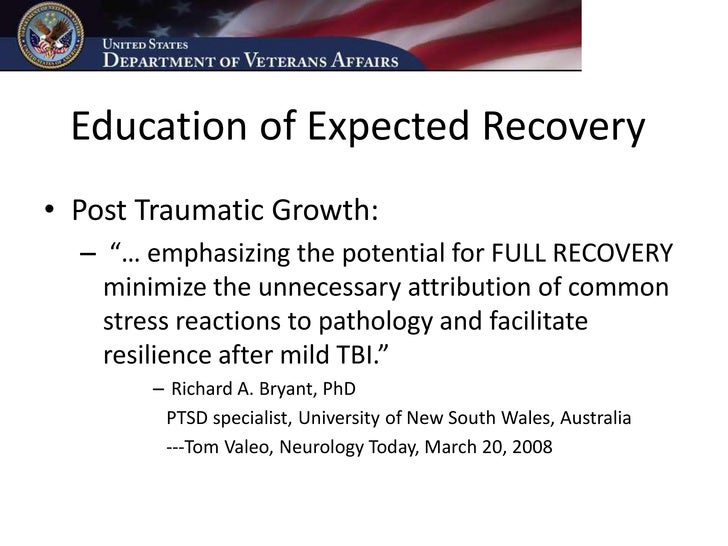Sometimes it is essential to enlist the help of an respectable traumatic brain harm attorney as you seek to make sense of a traumatic brain harm. An effective brain harm lawyer can join forces with a family to be sure a positive outcome and can act on your family's behalf as you seek dignified treatment or maybe monetary damages to cover medical charges, vocational rehabilitation or future medical care. Together, your attorney and your cherished ones can form an effective system of support for the survivor of a traumatic brain harm, making sure that they're going to continue to participate in and contribute to a happy family for years to come.
Though it is essential to express up for your brain-injured family member, recognize your own need for support and care. It may help you to join a support group or seek counseling as you handle the inevitable family changes that accompany brain harm. The internet can also be an fair resource for the family suffering to find support for TBI: online message boards and chat groups can educate and comfort you as you learn more about your role and adjust to your new occasions. Sometimes it's going to sense redundant or unnecessary to seek support for yourself; in spite of everything, you are not the family member who is directly plagued by TBI. But in order to be an effective caretaker for your brain-damaged cherished one, it is imperative that you yourself sense geared up to handle on daily basis life and manner your family member with a positive, loving and tolerant angle. Often, a safe place to vent and a network of informed friends can make the difference between on daily basis struggles and a feeling of hope.
Caring For A Relative With Brain Damage: Make Sure You Have Support
A brain harm may be irritating, but it is imperative that a TBI victim have a supportive family system. Once a brain injured patient is released from intensive medical care, the family becomes his or her primary support system and hardly takes on medical care roles. Studies have shown that an adaptable family structure is imperative to good recovery from traumatic brain harm. This capability that a family needs to accept the fact that change is inevitable and adjust to fulfill the realities of traumatic brain harm on a on daily basis basis. This also capability a challenging coming-to-terms with the personality changes, isolation or embarrassment that may be respectable by a brain-damaged family member. As the family member of a TBI survivor, you may sometimes sense powerless to help your cherished one. The reality is that your support could be imperative to your relative's quality of life and persevered recovery. Speak along with your family member's medical care providers, if feasible, to find out how you could be involved in medical care.
Feeling as if your efforts to help your brain-injured cherished one aren't working? Try appearing as an advocate on their behalf. With the cognitive changes that come with TBI, it is mild for traumatic brain harm victims to fall victim to persons who do not respect their rights or take their medical responsibilities seriously. Luckily, cherished ones are extremely effective advocates for brain-injured patients. You can help your cherished one document their medical care, weigh essential medical judgements and navigate the often confusing terrain of insurance companies, doctors and social amenities. An educated and positive angle is regularly precious as you seek to reach your advocacy objectives for your brain-injured cherished one.
Though it may be irritating to see the often mind-boggling aftershocks of traumatic brain harm, it is essential to be supportive of your brain-injured family member. Not only do they have to handle the on daily basis effects of TBI, that may include personality changes, memory loss, or difficulty concentrating or working, but they will have to navigate their own family relationships as well. Nonetheless, it is essential to recognize that frustration and even a feeling of desperation are basic amongst cherished ones of TBI survivors. It is normal and predicted to sense perplexed, hurt, angry, even depressed yourself as you battle to help a cherished one who is plagued by brain harm and its effects.
A recent study noted that pretty well half of traumatic brain harm sufferers battle with depression. As the family member of a man or woman with traumatic brain harm, you take on a condition that can have on daily basis and even life-long effects on quality of life and family routines. How are you able to best support your family member with TBI? What about family advocacy?
Families Are Effective Brain Injury Advocates

0 Response to "Aiding a Family Member Healing from a Traumatic Brain Injury"
Post a Comment